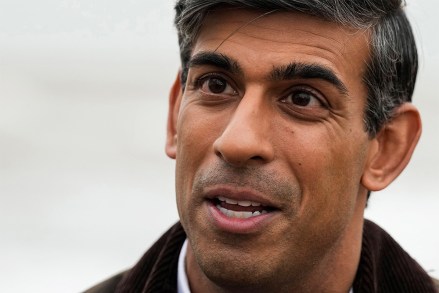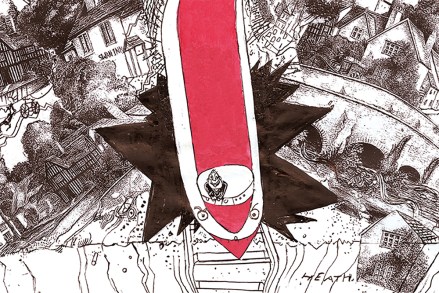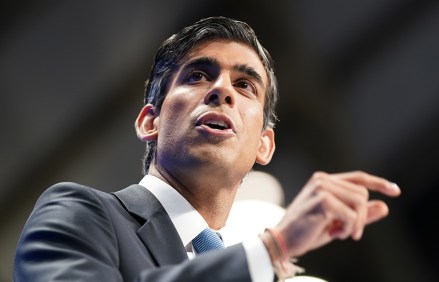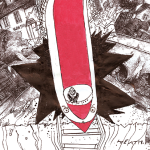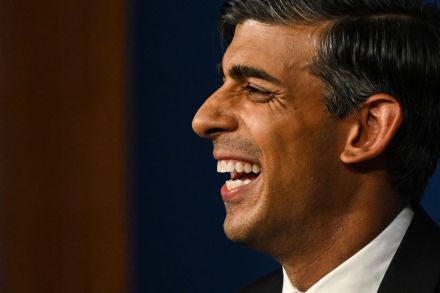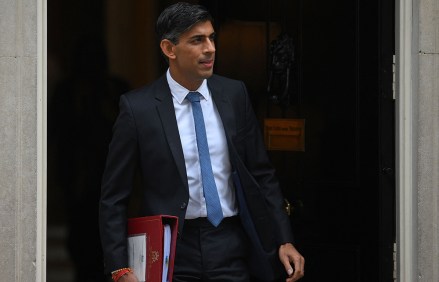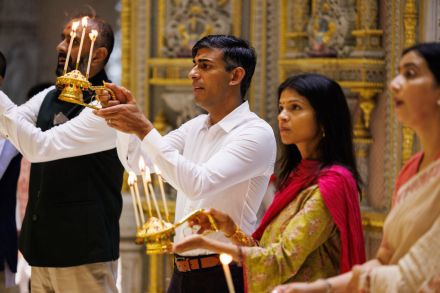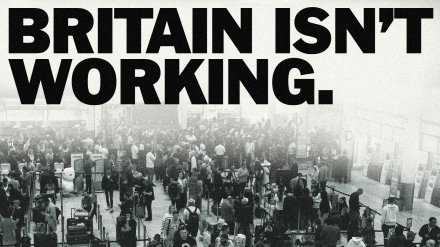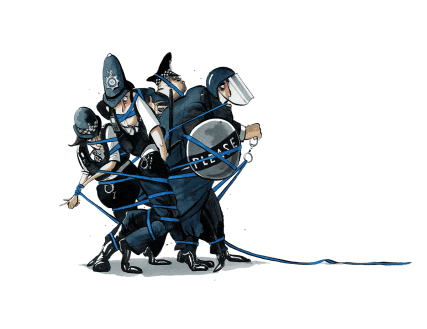The Tory vote squeeze
When the cabinet gathered on Tuesday morning, the meeting started as a sombre affair. Just days before, the Conservatives had suffered – in the words of polling expert Sir John Curtice – ‘one of worst nights any government has endured’. The Tories lost both the Tamworth and Mid Bedfordshire by-elections to Labour. The Environment Secretary, Thérèse Coffey, managed to lighten the mood when she intervened to say that it hadn’t gone unnoticed that it was Rishi Sunak’s 365th day as Prime Minister. Loud banging on the table ensued, led by Jeremy Hunt. A year into Sunak’s premiership, neither he nor his supporters are where they would have liked to be.
